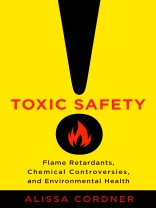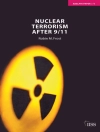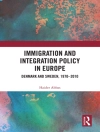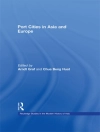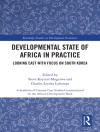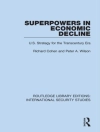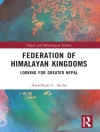Initially marketed as a life-saving advancement, flame retardants are now mired in controversy. Some argue that data show the chemicals are unsafe while others continue to support their use. The tactics of each side have far-reaching consequences for how we interpret new scientific discoveries.
An experienced environmental sociologist, Alissa Cordner conducts more than a hundred interviews with activists, scientists, regulators, and industry professionals to isolate the social, scientific, economic, and political forces influencing environmental health policy today. Introducing ‘strategic science translation, ‘ she describes how stakeholders use scientific evidence to support nonscientific goals and construct ‘conceptual risk formulas’ to shape risk assessment and the interpretation of empirical evidence. A revelatory text for public-health advocates, Toxic Safety demonstrates that while all parties interested in health issues use science to support their claims, they do not compete on a level playing field and even good intentions can have deleterious effects.
Jadual kandungan
Acknowledgments
Abbreviations
1. Uncertain Science and the Fight for Environmental Health
2. Hot Topics: Flame Retardants in the Public Sphere
3. Defending Risk and Defining Safety
4. Strategic Science Translation
5. Negotiating Science
6. Science of Advocacy
Conclusion: The Pursuit of Chemical Justice
Appendix. Playing the Field: Methodological Reflections
Notes
References
Index
Mengenai Pengarang
Alissa Cordner is assistant professor of sociology at Whitman College and coauthor (with Gianpaolo Baiocchi, Elizabeth A. Bennett, Peter Klein, and Stephanie Savell) of
The Civic Imagination: Making a Difference in American Political Life (2014).
